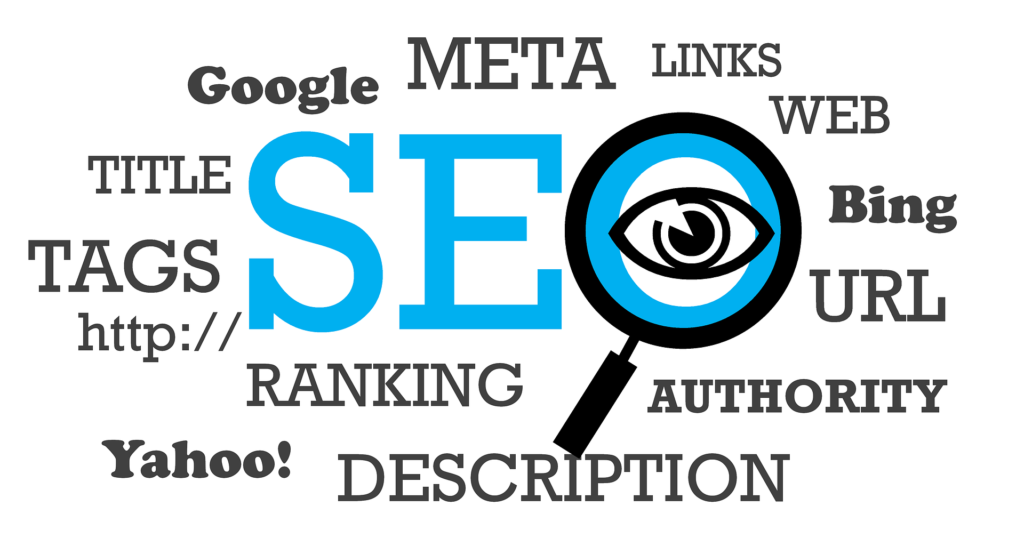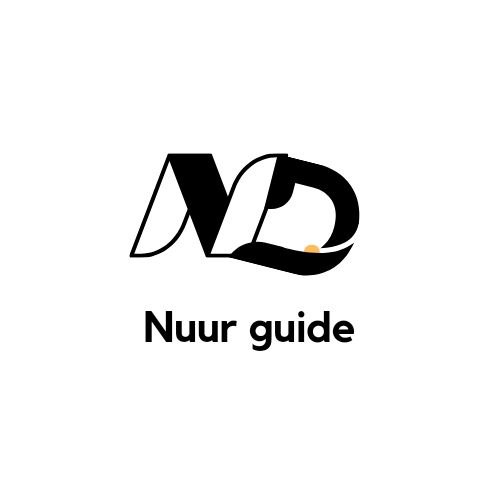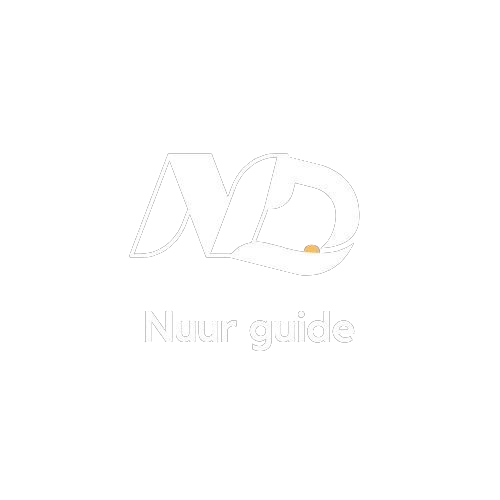In today’s hyper-connected world, digital marketing is the cornerstone of successful businesses. It’s not just about having an online presence; it’s about leveraging various digital channels to reach and engage with your audience in meaningful ways. Let’s explore the vibrant landscape of digital marketing, highlighting key strategies with real-world examples and their unique advantages.
1. Search Engine Optimization (SEO): The Organic Traffic Magnet
Example: Neil Patel’s Blog
Neil Patel, a renowned digital marketer, uses SEO to drive massive traffic to his blog. By targeting high-volume keywords and producing valuable content, he consistently ranks high in search engine results, attracting millions of visitors.

Advantage: Long-Term Visibility
SEO enhances your website’s visibility on search engines, leading to sustained organic traffic. It builds credibility and trust as users often perceive top-ranking sites as more authoritative.
2. Pay-Per-Click (PPC) Advertising: The Instant Traffic Generator
Example: Amazon’s Google Ads
Amazon invests heavily in Google Ads to appear at the top of search results for a wide range of products. This strategy drives immediate traffic to their site, significantly boosting sales.

Advantage: Quick Results
PPC advertising delivers immediate visibility and traffic. You only pay when someone clicks on your ad, making it a cost-effective way to reach potential customers quickly, ideal for promotions and product launches.
3. Social Media Marketing: The Engagement Powerhouse
Example: Starbucks’ Instagram Campaigns
Starbucks utilizes Instagram to showcase their products creatively, engage with followers, and promote seasonal campaigns. Their visually appealing posts and interactive content foster a strong community.

Advantage: Direct Interaction
Social media marketing allows for real-time engagement with your audience. It’s perfect for building brand loyalty, creating buzz, and receiving instant feedback. The shareable nature of social media content can lead to widespread visibility.
4. Content Marketing: The Value Provider
Example: HubSpot’s Inbound Marketing Blog
HubSpot’s blog is a treasure trove of insights on inbound marketing. By providing valuable, educational content, they attract and nurture leads, establishing themselves as industry leaders.

Advantage: Building Authority
Content marketing positions your brand as an authority in your field. By delivering valuable information, you build trust with your audience, which can lead to increased customer loyalty and higher conversion rates.
5. Email Marketing: The Personalized Connection
Example: Airbnb’s Personalized Recommendations
Airbnb sends personalized emails to users, offering travel suggestions based on their previous searches and bookings. This tailored approach keeps users engaged and encourages repeat bookings.
Advantage: Direct Communication
Email marketing provides a direct line to your customers. Personalized emails can significantly increase engagement, drive traffic, and boost sales. It’s an effective way to nurture leads and maintain customer relationships.
6. Influencer Marketing: The Trust Builder
Example: Daniel Wellington and Instagram Influencers
Daniel Wellington grew its brand significantly by partnering with Instagram influencers. By leveraging the influencers’ followers and trust, they reached a vast audience and boosted their sales.

Advantage: Authentic Reach
Influencer marketing leverages the trust and authenticity of influencers. Their endorsements feel more genuine than traditional ads, making followers more likely to try the products. This strategy can significantly expand your reach and enhance brand credibility.
7. Affiliate Marketing: The Performance-Based Strategy
Example: Amazon’s Affiliate Program
Amazon’s affiliate program allows bloggers and website owners to earn commissions by promoting Amazon products. This performance-based strategy drives sales and increases Amazon’s reach.

Advantage: Cost-Effective Growth
Affiliate marketing is a low-risk, cost-effective strategy where you pay commissions only on actual sales generated. It’s a great way to expand your reach and grow your business without significant upfront costs.
Conclusion
Digital marketing is a dynamic and multifaceted field that offers numerous strategies to connect with your audience, build brand awareness, and drive sales. Whether through SEO, PPC, social media, content, email, influencer, or affiliate marketing, each approach has unique advantages that can help your business thrive.
The key to successful digital marketing lies in understanding your audience, setting clear goals, and crafting tailored strategies that resonate with your target market. So, what’s your next digital marketing move? Embrace the power of digital marketing and watch your business soar to new heights.
Understanding of marketing leads to the way of your business success, if your interesting marketing you can read our daily marketing concepts, tips and tricks.

